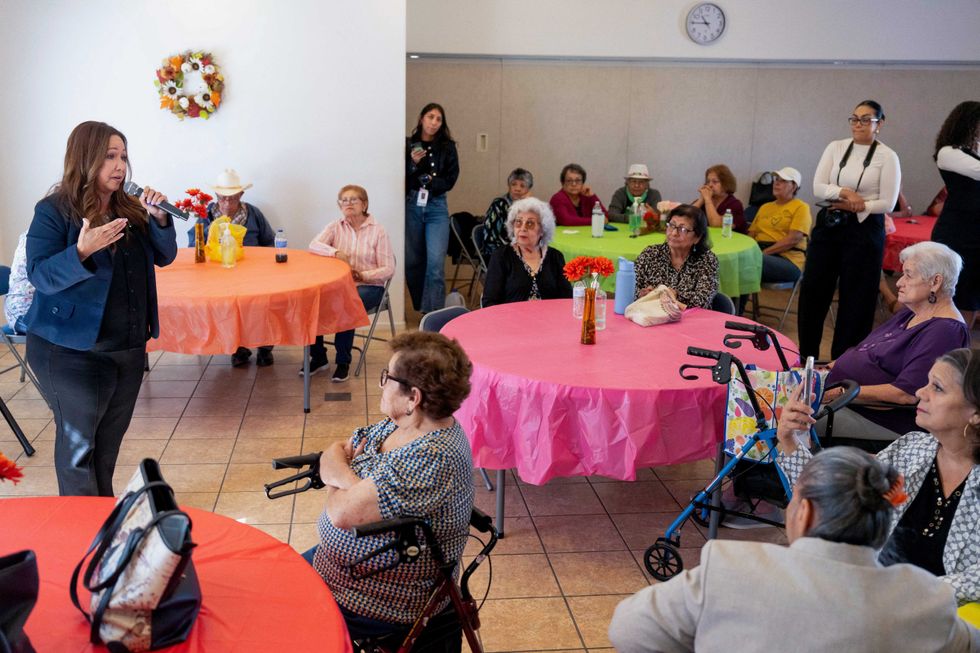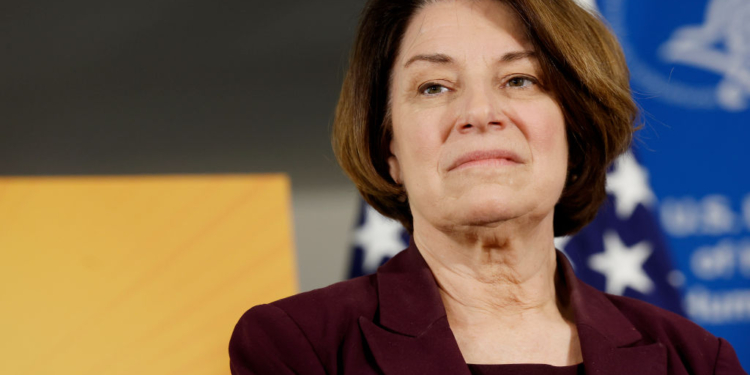Recent focus groups conducted by the AARP indicate a significant shift in older Americans’ confidence in Social Security, particularly among women. Participants expressed concerns about the sustainability of their benefits, with many feeling uncertain about the future of the program.
In a session held in March 2024, Dorothy B., a 74-year-old Democrat from North Carolina, voiced a sentiment shared by many: “They’ll find a way to take it from you.” This statement reflects a growing unease among older women regarding the stability of Social Security. Another participant, Claudia C., aged 65 from Washington, noted her decision to claim benefits earlier than anticipated due to these fears. “I could have waited until 70 or my full retirement age, but I felt that I should take it now,” she explained.
All eight women in the Democratic-leaning group expressed concerns about their Social Security benefits. The uncertainty is not limited to one political affiliation; older Republican women shared similar doubts. In a separate focus group, five out of eight participants indicated they lacked confidence in the program’s future. Amy M., a 70-year-old from Missouri, referred to projections stating that by 2032, Social Security may face severe financial challenges. “Congress can’t seem to get on the same page about anything,” she remarked, highlighting a pervasive belief that insufficient action is being taken to secure the program’s future.
The shift in sentiment marks a departure from traditional polling on Social Security, which has shown relatively stable confidence levels over the years. However, recent data from AARP reveals a decline, with approximately seven percentage points fewer Americans expressing confidence compared to five years ago. Older individuals currently receiving benefits tend to have the highest confidence, with about 65 percent of those over 65 feeling secure about Social Security’s future.
The uncertainty regarding benefits is particularly pronounced among older women, who generally receive lower payments than their male counterparts. Jenn Jones, vice president of Financial Security and Livable Communities at AARP, noted that women often enter retirement with less financial security, primarily due to the gender pay gap. “Women earn around 80 cents on the dollar compared to men,” she explained, emphasizing the long-term effects of such disparities.
Another factor contributing to this lack of financial confidence is caregiving responsibilities, which frequently fall to women. Jones highlighted that stepping away from the workforce to care for loved ones can lead to lost income and reduced contributions to Social Security. As a result, older women may feel the financial strain more acutely than men, leading to heightened anxiety about their benefits.
The broader economic climate also plays a critical role in shaping attitudes toward Social Security. Rising costs and inflation have diminished the purchasing power of Social Security benefits, increasing anxiety among recipients. Jones pointed out that as expenses rise, the benefits do not stretch as far, which contributes to the growing concerns expressed by older Americans.
Looking ahead, experts like Kathleen Romig, director of Social Security and Disability Policy at the Center on Budget and Policy Priorities, believe that while changes to the program may be unlikely for current beneficiaries, the anxiety felt by older Americans, particularly women, is valid. “There’s a pretty strong bipartisan consensus that you just don’t go after people who are already receiving benefits or are close to it,” Romig stated.
The diminishing confidence in government institutions and the chaotic political environment have further exacerbated these concerns. Romig noted that recent federal government layoffs and appointments of leaders hostile to their departments have contributed to a decline in public trust. “Confidence in all kinds of institutions has been diminishing over some time, but especially this year,” she asserted.
As older women navigate the complexities of Social Security, their experiences reflect broader societal issues related to financial security and gender disparities. The conversations held in these focus groups underscore the urgent need for policymakers to address concerns surrounding the program’s future and ensure that all Americans can rely on Social Security as a crucial component of their retirement planning.
This report was published in collaboration with The 19th, an independent nonprofit newsroom focusing on gender, politics, policy, and power.







